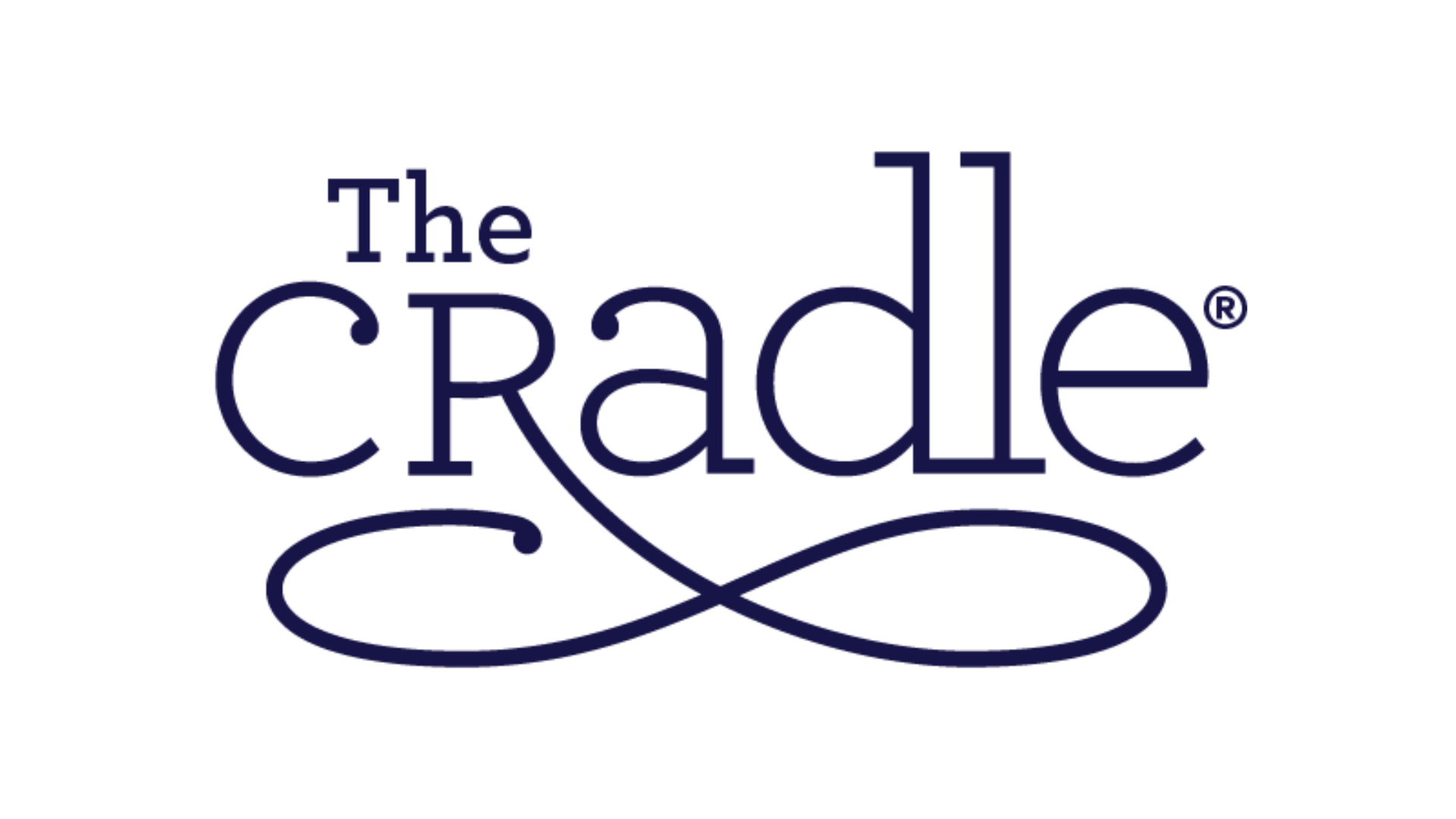It’s normal for children to experience difficult emotions and some behavioral issues as they grow up, but those emotions and behaviors can be uniquely challenging in adoptive families. Adoption-competent therapy can help adoptive parents navigate these challenges. Here are some signs your family may benefit from an appointment with a therapist.
Parenting is a rewarding job, but it’s also filled with challenges and questions, many of which have no clear “right” or “wrong” answers. Being an adoptive parent comes with these joys and difficulties as well, plus its own unique set of considerations. If you are struggling with parenting issues at home that might be adoption-related or want to know if behaviors are typical based on the family’s circumstances, it is helpful to lean on an adoption-competent therapist who understands the specific situations adoptive families often face and can tailor resources and services to address those needs.
Dori Fujii, adoptive parent counselor and post-adoption therapist at The Cradle, shares seven common signs that your family may benefit from adoption-competent therapy.
When Should You See an Adoption-Competent Therapist?
Therapists who practice adoption-competent therapy understand the roles trauma, attachment and loss play in the lives of adopted children and their families. They also understand the importance of placing a child’s behavior in the context of their ongoing and pre-adoption history. Fujii notes that often, behavioral changes or disruptions that seem sudden actually represent reasonable, adaptive responses to a complicated past.
Additionally, adoption-competent therapists are experienced in strengthening connections between adoptive parents and children. The principle, “connect before you correct,” is a helpful guide to behavioral interventions in these cases. “The connection is the thing that helps kids get regulated and be able to take in parental input,” Fujii says. A therapist can help you deepen the bond with your child, leading to increased trust, more effective communication and better behavioral outcomes.
Adoptive parents should know that it’s normal to solicit additional support from a therapist. “Seeking therapy if you’re an adoptive family should in some ways be expected,” she says. “There are certain things you expect to potentially have challenges with because adoptive parenting is atypical. It’s not run of the mill. There are some things that are really different.”
Adoptive parents also have their own personal histories and expectations that can affect their children. A therapist can help navigate those experiences, thoughts and feelings. “I think it’s reasonable for parents to ask for help,” Fujii says. “It’s not a sign that something is not working; it’s a sign that they have a complicated situation that probably warrants some additional help understanding.”
Below are some common situations and how an adoption-competent therapist can help.
1. Your Child Is Having Behavioral Issues or Trouble at School
Children may develop behavioral issues or have trouble at school for a variety of reasons — and some reasons are unique to adoption:
- When children are young and just starting school, some may experience separation anxiety that may actually stem from losing their birth family.
- Some children will test their relationships, trying to confirm they are wanted, by pushing boundaries.
- In middle and high school, adoption-related identity issues can lead to social anxiety.
Additionally, research has shown that children who were placed for adoption are impacted to a larger degree by certain factors that impact early learning and behavior. “We know that children whose parents have made an adoption plan often have a higher incidence of exposure to prenatal stress, alcohol, drugs, mental health conditions and learning differences,” Fujii says. “Those are things that can complicate any child’s life, whether they’re adopted or not.”
2. You Need Help Telling Your Child Their Adoption Story
Parents don’t always know the best way to share difficult adoption stories with their children. Instances involving incarceration, sexual assault or abandonment can be challenging to navigate. An adoption-competent therapist can help parents prepare to tell their children their adoption story in a way that is honest, supportive and doesn’t damage their child’s self-esteem.
Fujii reminds parents that these are especially delicate situations, as adoption stories often do involve some degree of pain and hurt for children. “[The goal is] that they can walk away from this feeling that they understand the truth, but they haven’t been harmed or wounded permanently by it,” she says.
3. Communication Is Breaking Down at Home
Disagreements are bound to happen in any family, especially when children are at ages where they’re more likely to test boundaries. However, effective communication can be especially difficult for adopted children who are navigating anxieties and complex emotions. When they aren’t able to find successful ways to talk about it, arguments and conflict increase.
“Kids often have a whole other narrative running in their heads, and they don’t always have words for it,” Fujii says. “Parents say, ‘Well, you need to tell me what you’re thinking and feeling,’ and sometimes kids can’t do that. So parent coaching really helps them learn how to listen and allow room for children’s voices.”
4. You’re Navigating Issues With Their Birth Family
Interacting with your child’s birth family can be complicated, even under the best circumstances. If the situation is especially challenging — for example, they regularly miss visits or overstep boundaries — a therapist can help both families navigate the relationship. An adoption-competent therapist will help you set expectations and create healthy boundaries to better protect your child in these situations. This may include working directly with your child as well as giving you the tools and techniques to help them deal with disappointment or anxiety.
5. They Have Complicated Questions About Race and Cultural Identity
Members of transracial adoptive families face some unique challenges. Parents may feel equipped to answer basic questions about race and cultural identity from younger children, but those questions get more complicated as children get older.
Middle- and high-school-aged children tend to explore their identity on a deeper level as they attempt to discover themselves and fit in with their peers. This is also when children start to become more independent and experience more interaction with the adult world, which can expose them to additional prejudice and racism. A therapist can give adoptive parents tools to discuss race and help children safely explore their cultural identity.
6. They’re Going Through Major Life Events or Milestones
Major life events and milestones often trigger complicated feelings in adopted children. Starting school can evoke separation anxiety, while transitioning to middle school can elicit complicated questions about identity. Graduating from high school and facing the early stages of one’s adult life can reengage fears of abandonment and leave children fearful that after moving out of their adoptive family’s home they’ll be on their own. Important birthdays and personal achievements may stir up feelings about their birth parents or complicated struggles with self-esteem.
Even if your child seems fine on the surface, they may be experiencing a variety of thoughts and emotions they aren’t sharing. An appointment with an adoption-competent therapist creates an opportunity for them to share their feelings without judgment.
7. Something Just Doesn’t Quite Feel Right
Adoptive families don’t need to be dealing with a specific issue to benefit from therapy. At The Cradle, it’s common for our therapists to meet with parents for a range of reasons, including just to check in. “Parents call when they feel like something’s just not quite right — when they’re not feeling connected to their child in the way that they want to,” Fujii says.
“I’m a pretty big believer in the tuneup model of therapy,” she adds, in which families have regular mental health check-ins with a therapist to explore how things are going and how they’re feeling. “If you’re feeling like you’re having a tough go in a relationship, where there’s just always this kind of friction and things never seem to get settled, that’s a really good time to talk to a therapist,” Fujii says. “You don’t have to wait until things are bad.”
The Cradle is here to help you on your adoption journey with parent resources and adoption-competent therapy services. You can request an appointment with one of our therapists through our online form or by calling us at 847-475-5800.














